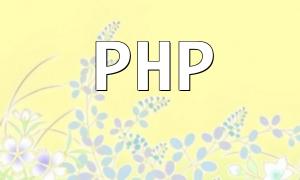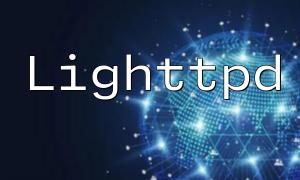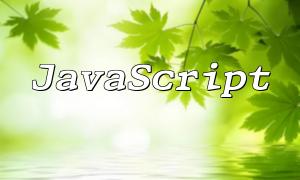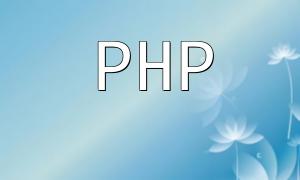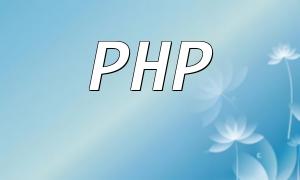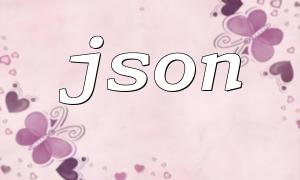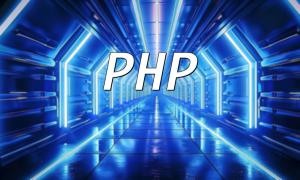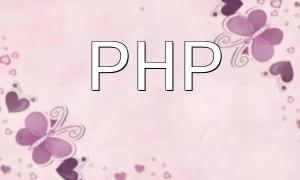With the rapid development of the internet, websites have become an important way for people to access information and communicate. However, the increasing security threats are becoming a major concern. As commonly used website development languages, the security of PHP and CGI is under constant scrutiny. This article will compare the security of PHP and CGI and provide methods to enhance website security.
PHP is an open-source server-side scripting language widely used in web development. On the other hand, CGI (Common Gateway Interface) is a protocol that allows external programs to interact with an HTTP server. Compared to CGI, PHP is generally more vulnerable to attacks since its code runs directly on the web server, making it more exposed to hacker exploitation.
In PHP and CGI development, the most common security issues include SQL injection and Cross-Site Scripting (XSS) attacks. Below, we will introduce these attacks and provide relevant defense measures.
SQL injection attacks involve embedding malicious SQL code into user input to gain unauthorized access or modify the database. To effectively prevent SQL injection, we should use prepared statements. Here’s an example of a PDO prepared statement in PHP:
<?php
$dsn = 'mysql:host=localhost;dbname=test';
$username = 'root';
$password = '';
try {
$pdo = new PDO($dsn, $username, $password);
$pdo->setAttribute(PDO::ATTR_ERRMODE, PDO::ERRMODE_EXCEPTION);
$stmt = $pdo->prepare('SELECT * FROM users WHERE username = :username');
$stmt->bindParam(':username', $_POST['username']);
$stmt->execute();
$result = $stmt->fetch(PDO::FETCH_ASSOC);
} catch (PDOException $e) {
echo 'Error: ' . $e->getMessage();
}
?>
In this example, we use the bindParam function to bind the user input to the SQL query, which prevents malicious SQL injection.
Cross-Site Scripting (XSS) attacks allow attackers to inject malicious scripts into users' browsers. To prevent XSS attacks, we can use PHP’s htmlspecialchars function to escape user input. Here’s an example:
<?php $username = htmlspecialchars($_POST['username'], ENT_QUOTES, 'UTF-8'); echo 'Welcome, ' . $username; ?>
In this example, the htmlspecialchars function is used to escape special characters in the user input, which effectively prevents the execution of malicious code.
In addition to SQL injection and XSS attacks, there are several other methods to enhance website security:
In conclusion, both PHP and CGI are widely used web development languages, and their security is critically important. By using prepared statements and escaping user input, we can significantly reduce the risks of SQL injection and XSS attacks. Additionally, adopting strong password policies, access control measures, and regularly updating website software will further enhance website security. Developers should always be mindful of website security when writing code and take appropriate actions to protect their sites from cyber threats.
